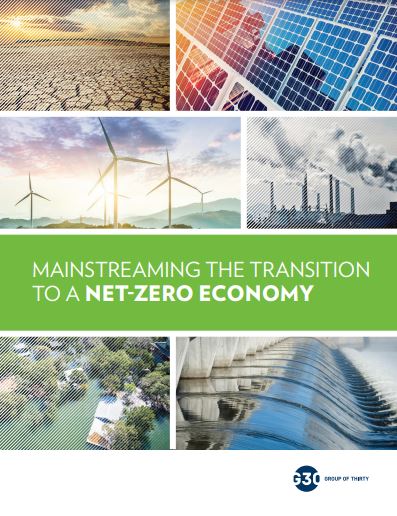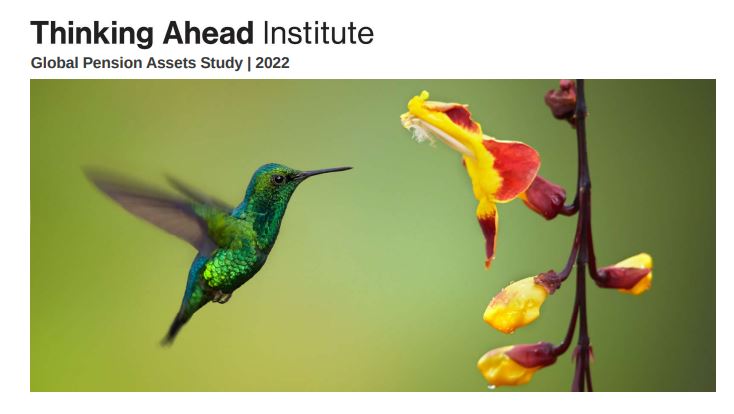Environmental, Social and Governance Considerations in Pension Plans
By Paul Williams & Elizabeth Harker Speaking at the United Nations Climate Change Conference ("COP26") in October 2021, the UK Secretary of State for Work and Pensions, Thérèse Coffey, said that pension schemes can become a "superpower" in fighting climate change and propelling the world to net zero. But to what extent does the legal landscape within which pension schemes operate allow them to perform this role, and indeed to what extent should they be performing this role? Here in the...










